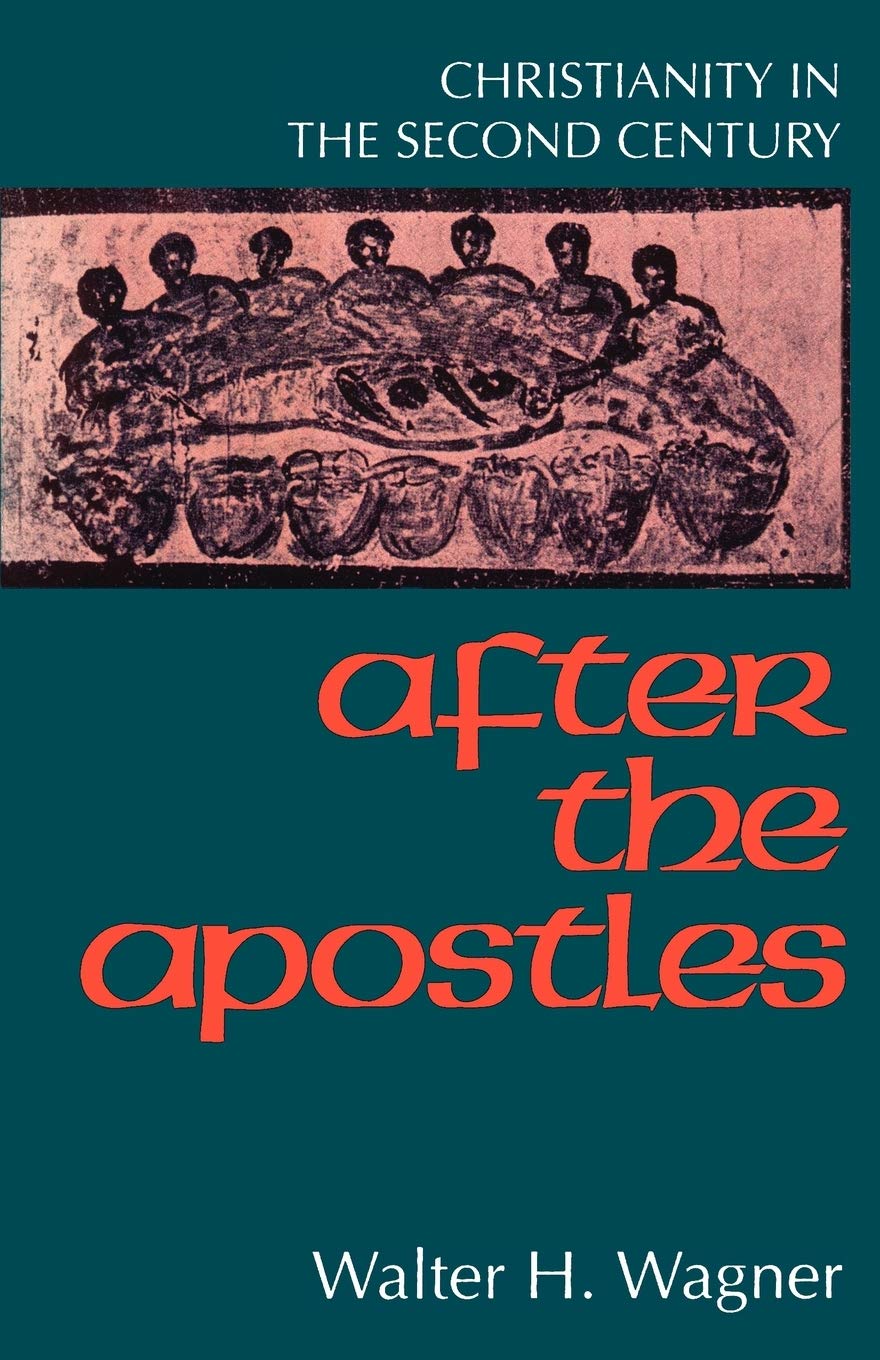The book is split into three major sections. The first part attempts to give historical background, showing how second-century Christianity was in part a response to the disappointments of the first, as Jesus's return proved not to come as early as many had expected, how Jews interacted with Christians, and what philosophical ideas were up for debate within the larger society. The clearest and most useful chapter in this section, for me, was Wagner's rendering of Roman history during the century, which proved to be not only a good summary but also compelling.
The second major section of the book looks at five themes that Christians debated during the course of the century: creation and creator (who was the creator? what was the nature of the creation?--notable here would be various gnostic sects that argued that the creator of earth was not the the primary god and was in fact a fallen deity); the destiny of human beings; who Jeus was (man who became God? a created being? God who became man? God who posed as a man?); the church's government structure; and the role Christians were to play in society.
The third section then takes these themes and looks specifically at how five particular Christian thinkers answered questions related to those themes--namely Ignatius, Justin Martyr, Clement of Alexandria, Tertullian, and Irenaeus. Of note here to me were the presentations of Clement and Tertullian. The latter came across as a firm and dictatorial-seeming thinking, very keen on all Christians falling in line with church authority (namely, the leadership in Rome); the irony, of course, is that Tertullian, later in life, fell out of sorts with Rome and himself became one of those who criticized those who were in charge of the church and refused to follow the authorities. Clement was notable for his seeming simultaneous condemnation of philosophy and his use of it--namely because in his view philosophy was really derived from the Jews and so, in fact, actually led, in a roundabout way, right back to scripture and the God of the Bible; thus, he could find in Plato or other Greek philosophers biblical principles. My hopes for this third section--a summary and comparison of the thinking of these five early writers--were, in fact, the main reason I was finally persuaded to read the book, and I was not disappointed.







No comments:
Post a Comment